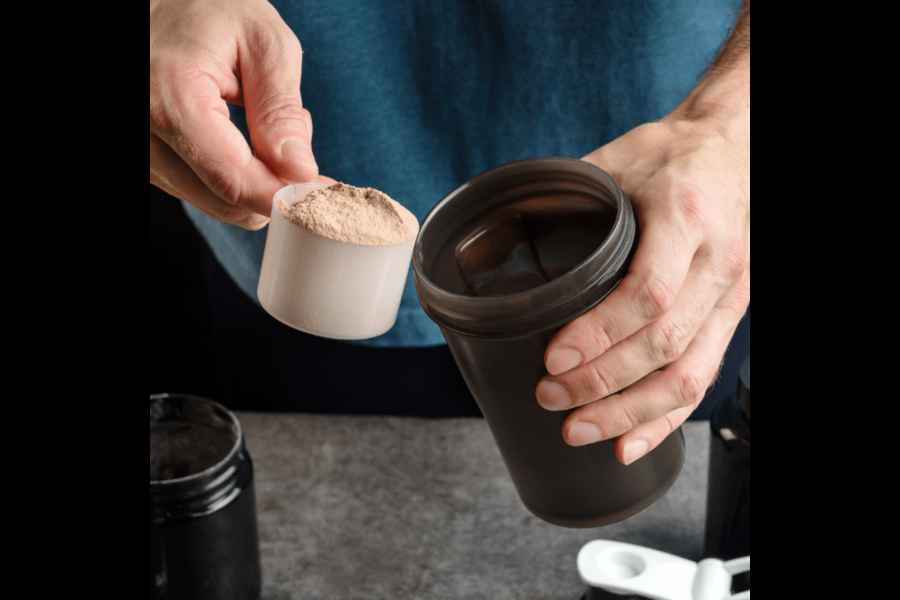A UK coroner has issued a warning about the dangers associated with easily accessible high protein supplements and drinks after a 16-year-old Indian-origin boy died from brain damage after consuming such a drink.
Rohan Godhania died in August 2020 and the inquest into his death concluded this year that the teenager suffered from undiagnosed conditions of hyperammonaemia and Ornithine Transcarbamylase Deficiency (OTC), a urea disorder that prevents the breakdown of ammonia, which were triggered by the consumption of a high protein drink.
The Senior Coroner for Milton Keynes, south-east England, has now submitted a ‘Prevention of future deaths’ report to UK health authorities to urge better labelling of such drinks and action to prevent another similar tragedy.
“High protein supplements and drinks are easily accessible to the general public, yet their labels fail to adequately inform consumers about the potential dangers posed to individuals with urea cycle disorders, such as Ornithine Transcarbamylase (OTC) deficiency,” the report notes.
“This genetic disorder can lead to severe medical emergencies, requiring immediate medical intervention to prevent life-threatening complications. This disorder can be triggered by the sudden increased ingestion of protein,” he said.
“Consideration should be given as to whether the labels should prominently display a warning about the potential risks for individuals with an undiagnosed urea cycle disorder and include clear and concise information on symptoms of this and the importance of seeking immediate medical advice,” he added.
Godhania was rushed to West Middlesex Hospital, west London, where his condition deteriorated and he died on August 18, 2020.
The coroner’s report also pointed out a lack of clarity and consistent guidance across the UK’s National Health Service (NHS) regarding the appropriate classification of teenagers aged 16-18. He warned that the question of whether they should be treated as paediatric patients or adults is leading to confusion and potential disparities in the care provided.
“I consider that this should be urgently reviewed by NHS England and if necessary the guidance on age classification updated ensuring that all healthcare providers adhere to a unified approach emphasising the importance of consistent and appropriate care for this age group,” the coroner said.
Another matter of concern flagged in the report is the lack of guidance for testing for ammonia in emergency departments in the country.
“Timely and accurate diagnosis is essential in such cases to ensure appropriate treatment and prevent unnecessary deaths. The guideline should include clear protocols for conducting ammonia tests, interpreting the results and making informed clinical decisions based on the findings. The guidance should be disseminated to all emergency departments and healthcare facilities,” the coroner added.
The authorities who have now been seen this report by the coroner have a duty to respond around actions to be taken.
Except for the headline, this story has not been edited by The Telegraph Online staff and has been published from a syndicated feed.











